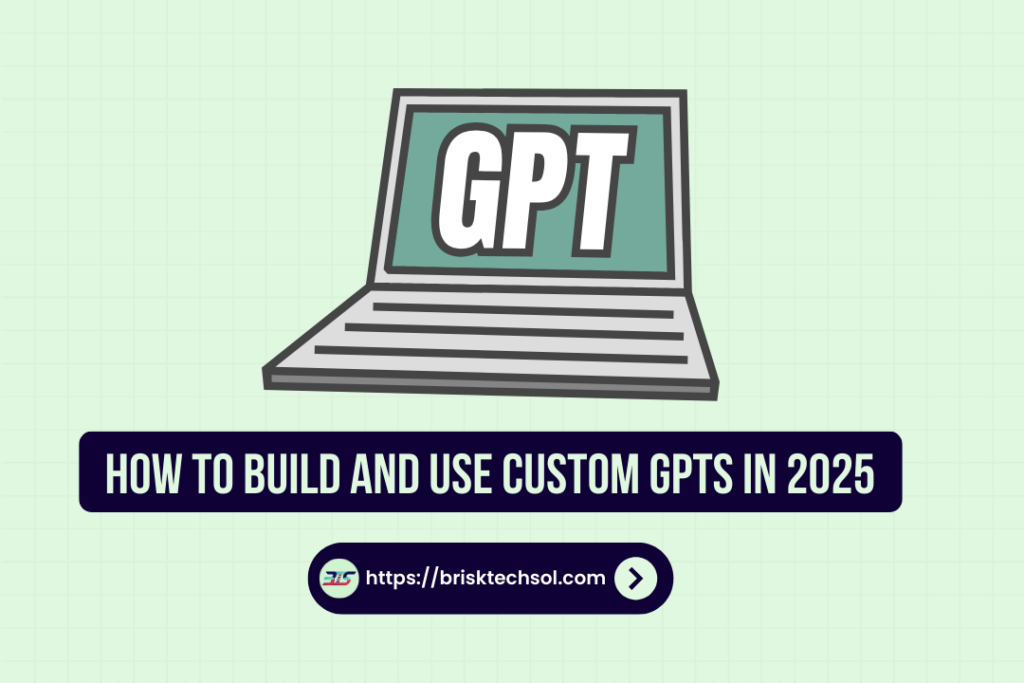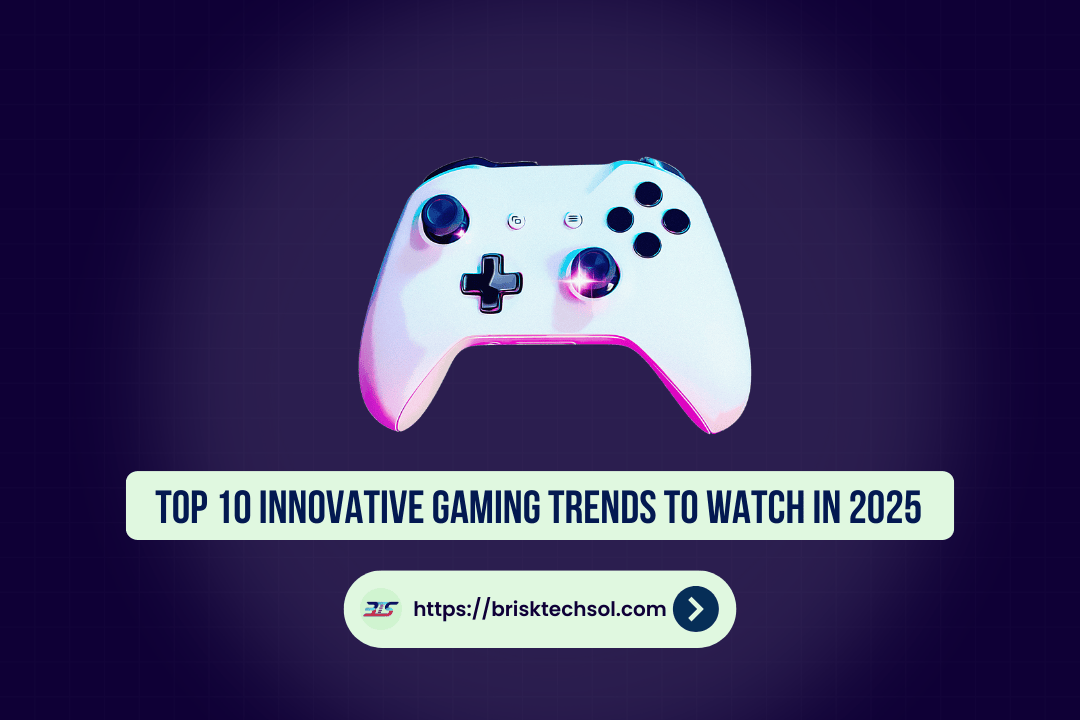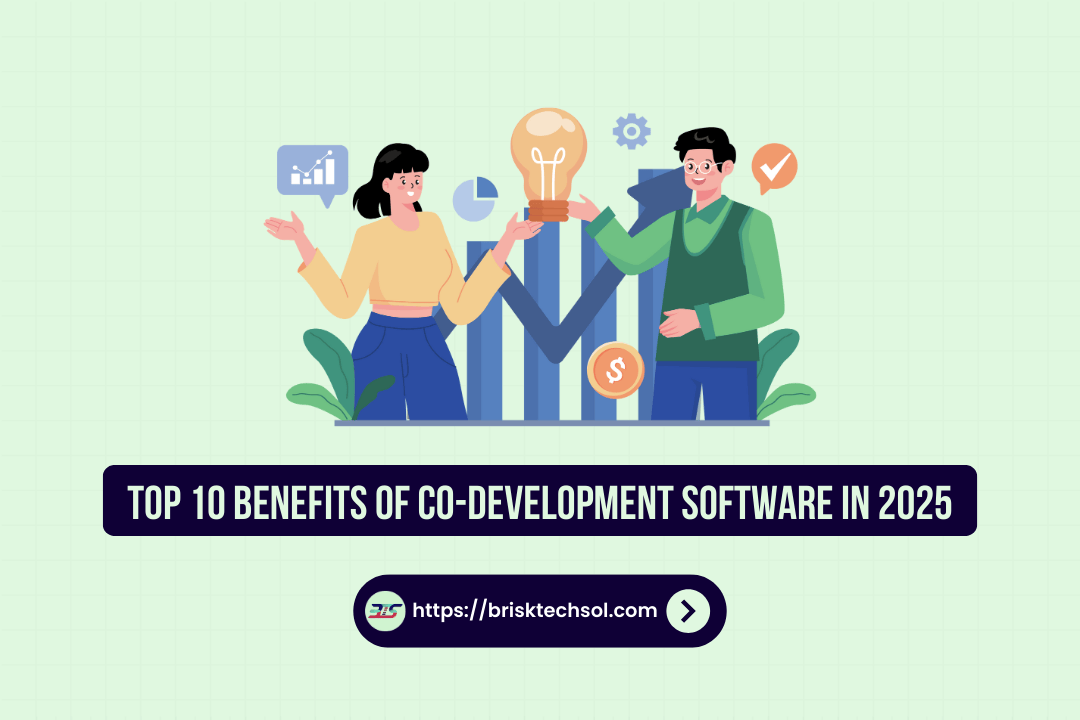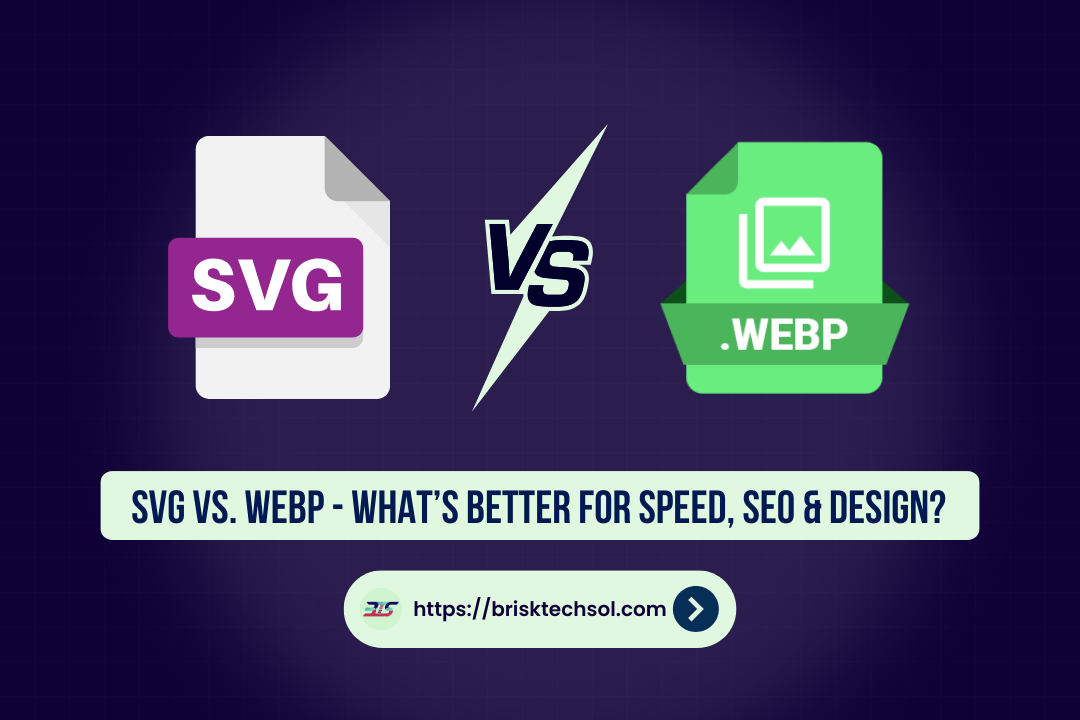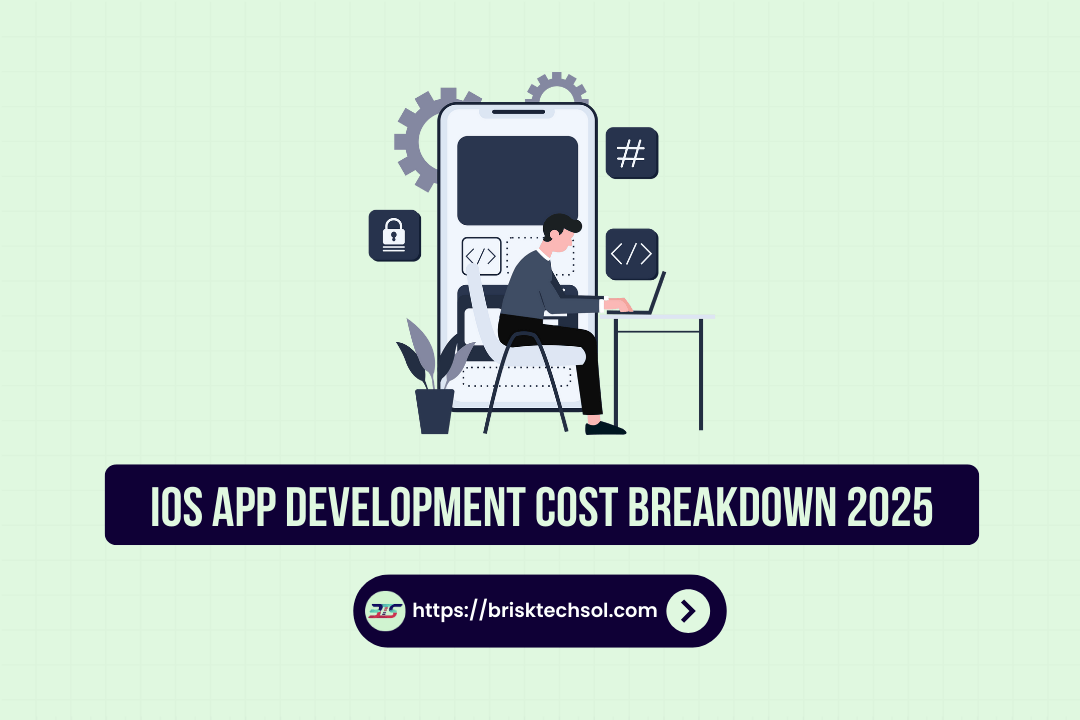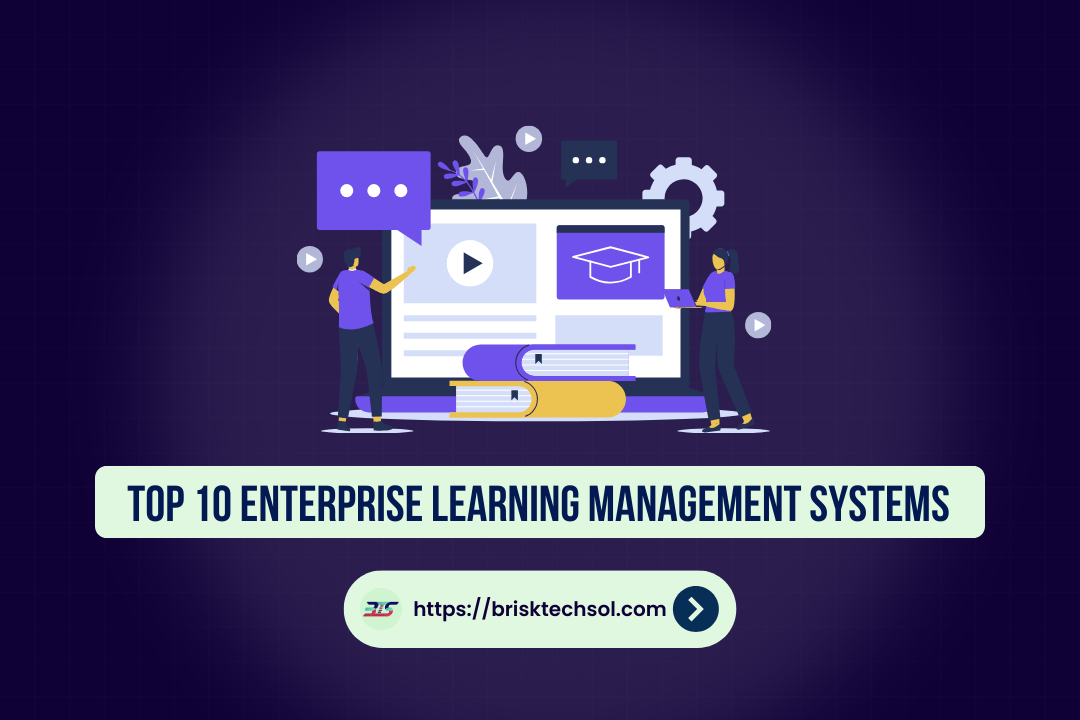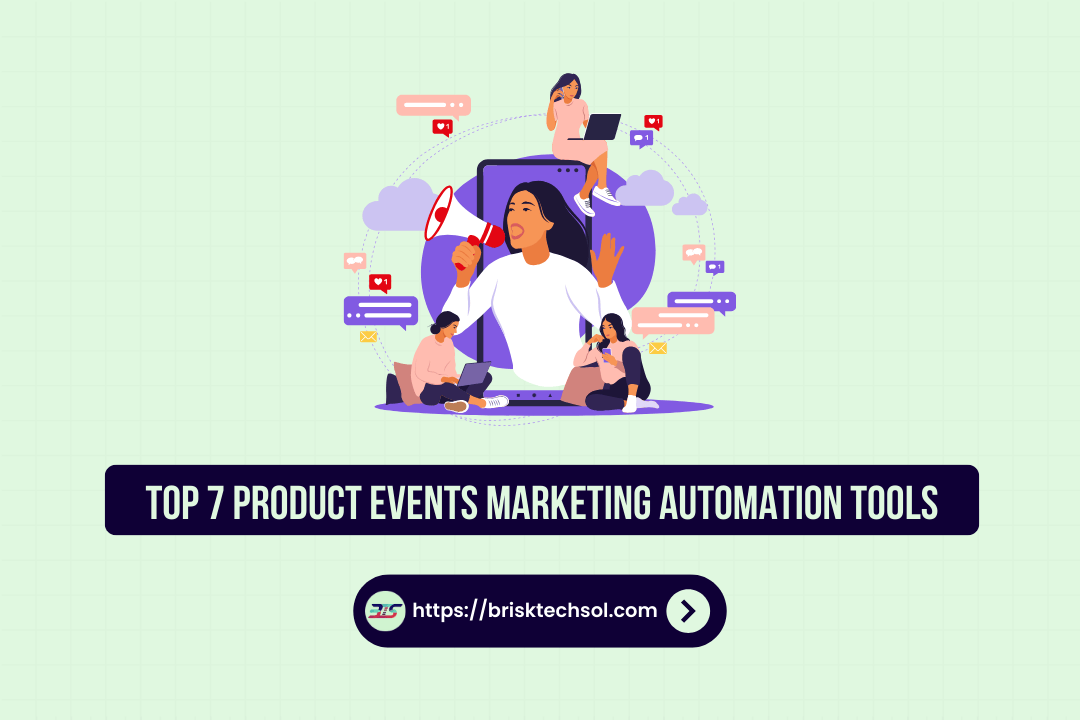What are Custom GPTs?
Custom GPTs are a specialized version of the powerful Generative Pre-trained Transformers (GPTs) developed by OpenAI. These AI models have been fine-tuned to handle specific tasks, industries, or types of data. While GPT-3 and GPT-4 are general-purpose models capable of generating human-like text on a wide array of topics, custom GPTs are built to deliver more precise and relevant outputs for particular use cases.
The idea behind custom GPTs is to modify the model’s behavior based on the needs of a business or industry. For example, a custom GPT for healthcare could be trained on medical terminology and patient queries, whereas one for finance could specialize in market analysis or investment advice. The customization process involves tweaking the model’s parameters, feeding it domain-specific data, and training it to understand specific prompts and keywords.
Custom GPTs offer greater flexibility and accuracy than their generalized counterparts, enabling businesses to deploy AI solutions that align with their unique workflows. They can be used in a range of applications, from automating customer support to generating industry-specific content. For instance, a custom GPT for law firms could provide automated legal advice based on the jurisdiction or area of law.
In 2025, building custom GPTs has become more accessible than ever, thanks to user-friendly platforms and tools that enable businesses to create tailored AI models without requiring extensive coding knowledge. Whether you’re a tech-savvy developer or someone exploring AI for the first time, creating custom GPTs is a viable option.
Benefits of Using Custom GPTs in 2025
Custom GPTs offer numerous benefits across various sectors, making them an invaluable tool for businesses in 2025. Here are the primary advantages:
1. Increased Efficiency
Custom GPTs streamline operations by automating tasks that would otherwise require human intervention. Whether it’s responding to customer inquiries, generating content, or processing data, these AI models save time and reduce the need for manual effort. For example, a custom GPT tailored for customer support can provide 24/7 assistance, addressing common questions and issues without the need for human agents.
2. Cost Savings
Custom GPTs reduce operational costs by automating repetitive tasks and eliminating the need for hiring additional staff. For example, in industries like retail, these models can handle customer inquiries, inventory management, and even product recommendations, all of which would typically require multiple employees. With GPTs handling these tasks, businesses can allocate resources more effectively and reduce overhead costs.
3. Enhanced Accuracy
By fine-tuning GPTs on specific datasets, businesses can ensure that their AI models provide highly accurate responses relevant to their domain. In industries like healthcare, where accurate information is critical, a custom GPT trained on medical terminology and patient interaction data can offer more precise and reliable support than a generic model.
4. Industry-Specific Applications
Custom GPTs excel at addressing the unique needs of specific industries. For instance, they can be used in the legal industry to provide case law references, or in education to create personalized tutoring systems. Customization allows for deeper integration of industry-specific knowledge, which enhances performance and results.
5. Scalability
As businesses grow, custom GPTs can scale effortlessly. Whether a company needs to increase the volume of content generated or expand customer service capabilities, custom GPTs can handle increased demand without the need for substantial adjustments to the infrastructure.
| Task | Traditional Method | Custom GPT Method |
|---|---|---|
| Customer Support | Requires dedicated human agents | 24/7 automated assistance |
| Content Creation | Time-consuming manual work | Instant, AI-generated content |
| Data Analysis | Manually-intensive | Automated, real-time insights |
Custom GPTs empower businesses to increase efficiency, reduce costs, and achieve scalability, making them indispensable tools for organizations aiming to thrive in 2025.
How to Build a Custom GPT?
Building a custom GPT involves several key steps. While the process can vary depending on the tools and platform you use, the basic workflow remains the same. Here’s a step-by-step guide on how to build a custom GPT in 2025.
Step 1: Choose a Platform or Tool
The first step in building a custom GPT is selecting the platform that suits your needs. OpenAI’s API offers an accessible and powerful solution for custom GPT creation. Other platforms, like Hugging Face, also provide tools for training and fine-tuning AI models. These platforms are beginner-friendly and come with extensive documentation to guide you through the process.
Step 2: Gather and Prepare Your Data
For any custom GPT to perform effectively, it must be trained on high-quality data that reflects the specific needs of your business or industry. This can include company-specific knowledge, industry terminology, or even customer feedback. The more relevant and diverse your dataset, the better your custom GPT will perform.
Ensure that your data is cleaned and formatted correctly before feeding it into the model. This may involve removing irrelevant information, correcting errors, and structuring the data in a way that the model can easily process.
Step 3: Fine-Tune the GPT Model
Once you have your data, it’s time to fine-tune the GPT model. Fine-tuning involves adjusting the model’s parameters to adapt to your dataset. This step is crucial because it allows the model to understand the unique context of your business and respond accordingly.
For example, if you’re creating a custom GPT for customer service, you would fine-tune the model on customer queries, common troubleshooting steps, and solutions to frequently asked questions. The fine-tuning process involves running the model through several iterations to ensure that it delivers the best possible responses.
Step 4: Test and Evaluate
After training your custom GPT, it’s time to test its performance. Run a variety of test scenarios to evaluate how well the model performs. Check for accuracy, relevancy, and tone of the responses. If the GPT isn’t providing the desired results, revisit the training data or adjust the model’s parameters.
Step 5: Deploy the Custom GPT
Once you’re satisfied with your custom GPT’s performance, it’s time to deploy it. Depending on your needs, this could involve integrating the model into your website, customer service platform, or any other tool where you want it to perform. Many platforms offer APIs that make deployment easier, allowing for seamless integration.
Step 6: Monitor and Improve
AI models require ongoing monitoring and improvement. As you gather more data or encounter new challenges, revisit the training process to improve your custom GPT’s performance. Keep refining and optimizing it for better results.
Features of Custom GPTs
Custom GPTs offer several features that set them apart from standard GPTs. These features enable businesses to create highly specialized models that can cater to a variety of needs and industries.
1. Domain-Specific Knowledge
Custom GPTs can be fine-tuned with domain-specific knowledge, making them more suited for particular industries or tasks. For example, a GPT trained for the legal industry can understand complex legal terminology and provide responses that are aligned with legal standards.
2. Custom Prompt Engineering
Custom GPTs allow for the creation of specialized prompts that are designed to generate more targeted and accurate responses. These prompts can guide the AI to understand the specific context or focus areas required for a given task.
3. Adaptability
One of the key features of custom GPTs is their adaptability. They can be continuously trained and refined based on new data, ensuring they remain relevant and accurate as your business or industry evolves. This adaptability makes them ideal for dynamic environments.
4. Scalability
Custom GPTs are built to scale with your business. Whether you need to handle more customer inquiries or generate more content, custom GPTs can be scaled to meet your growing demands without sacrificing performance.
5. Multi-Tasking Capabilities
Custom GPTs can handle a variety of tasks within a single model. Whether it’s answering customer questions, generating reports, or analyzing data, these models can perform multiple functions, making them highly versatile tools for businesses.
6. Enhanced Creativity and Innovation
Custom GPTs can be optimized to generate more creative and innovative solutions for tasks like content creation, product descriptions, and marketing copy. Their ability to produce diverse and engaging text makes them ideal for businesses in creative industries.
Practical Applications of Custom GPTs in 2025
Custom GPTs have vast potential across different industries. Their versatility and ability to handle specialized tasks make them valuable tools in various sectors. Below are some of the most notable practical applications in 2025.
1. Customer Service
In 2025, businesses are increasingly turning to custom GPTs for customer service automation. These models can be trained to respond to customer inquiries, troubleshoot issues, and provide product recommendations—all in real-time. With 24/7 availability, custom GPTs can offer consistent and reliable customer support, improving user satisfaction and reducing the workload of human agents.
2. Content Creation
Content creation is another area where custom GPTs excel. Businesses can use these models to generate blog posts, product descriptions, social media updates, and marketing materials. By feeding the model with industry-specific information and keywords, custom GPTs can create content that resonates with the target audience while saving time and effort.
3. Healthcare
In healthcare, custom GPTs can be used to provide patient support, assist with medical research, and even offer preliminary diagnosis based on symptoms. These AI models can be trained with medical data, including research papers, clinical guidelines, and patient feedback, enabling them to provide relevant information and guidance.
4. Marketing and Advertising
Custom GPTs can also be used to optimize marketing campaigns. By analyzing customer data and trends, these models can create personalized advertisements, generate email marketing content, and provide insights into customer behavior. Marketers can use custom GPTs to create targeted campaigns that maximize ROI.
5. Finance
In the finance industry, custom GPTs are being used for data analysis, market predictions, and even generating financial reports. These models can quickly analyze vast amounts of financial data, detect patterns, and provide actionable insights for investors and financial analysts.
6. Education
Education is another field that benefits from custom GPTs. By integrating specific teaching materials and curricula, custom GPTs can act as personal tutors, assisting students with assignments, explaining complex concepts, and providing learning resources tailored to their needs.
Using Custom GPTs – Hurdles
While custom GPTs offer significant advantages, there are also challenges and considerations to keep in mind when deploying these models.
1. Data Privacy and Security
One of the primary concerns with custom GPTs is data privacy and security. Since these models are trained on vast amounts of data, businesses must ensure that sensitive information is protected and that AI systems adhere to relevant data protection regulations. Failing to do so can lead to legal and reputational risks.
2. Bias and Fairness
Another challenge is the potential for bias in AI models. If the training data contains biased information, the model will likely produce biased outputs. This can have serious implications, especially in areas like healthcare or law. Ensuring that the training data is diverse and representative is crucial to mitigate bias.
3. Maintenance and Updates
Custom GPTs require continuous monitoring and maintenance to stay relevant. As industries evolve and new information becomes available, these models must be updated and retrained regularly. Failing to maintain the model can lead to outdated or inaccurate responses.
4. Cost of Implementation
Building and deploying custom GPTs can be expensive, especially for smaller businesses. The cost of gathering relevant data, fine-tuning the model, and maintaining the infrastructure can add up. However, the long-term benefits often outweigh these initial costs.
Despite these challenges, the benefits of custom GPTs far outweigh the risks when implemented carefully and responsibly.
Future of Custom GPTs – Trends in 2025
As we move further into 2025, the future of custom GPTs looks incredibly promising. Several trends are emerging that will shape the way businesses and industries use these AI models.
1. Multimodal AI
In the coming years, we can expect custom GPTs to incorporate multimodal capabilities, combining text, image, and video data. This will enable businesses to create more interactive and engaging experiences, from customer support to content creation.
2. Ethical AI
Ethics will continue to be a significant focus in the development of custom GPTs. As AI becomes more integrated into various sectors, ensuring fairness, transparency, and accountability will be crucial. Businesses will need to adopt ethical guidelines and frameworks to guide the development and use of AI technologies.
3. AI-as-a-Service
The rise of AI-as-a-Service will make custom GPTs more accessible to businesses of all sizes. Platforms that offer easy-to-use tools for creating, deploying, and managing custom GPTs will lower the entry barriers, allowing even small businesses to harness the power of AI.
4. Enhanced Personalization
Future custom GPTs will provide even more personalized experiences for users. By leveraging more sophisticated data analysis, these models will be able to offer deeper insights and tailored recommendations, improving customer satisfaction and engagement.
As AI technology continues to advance, custom GPTs will become increasingly sophisticated and integrated into the everyday operations of businesses across the globe.
Key Takeaways
- Custom GPTs are AI models designed specifically for your business, helping provide answers that are more relevant and tailored to your needs.
- They can be used for everything from customer service to content creation, and even data analysis, making them versatile across many industries.
- The biggest perks? They boost efficiency, scale easily, and offer personalized experiences that can really stand out.
- But there are a few challenges to watch out for—like ensuring data privacy, avoiding bias, and managing costs.
- When using custom GPTs, protecting sensitive data is a must, so your business stays compliant and trustworthy.
- Addressing bias is important, so it’s essential to train these models with diverse, representative data to ensure fairness.
- Looking ahead, multimodal AI, ethical standards, and even AI-as-a-Service are going to make custom GPTs even more powerful and accessible.
- With AI-as-a-Service, even smaller businesses will have the opportunity to harness the potential of custom GPTs without breaking the bank.
FAQ’S
What are custom GPTs and how do they work?
Custom GPTs are AI models trained specifically for a business’s needs, allowing them to provide more relevant and tailored responses. These models learn from the data you provide and are fine-tuned to meet your objectives, such as improving customer support or generating content.
What are the benefits of using custom GPTs for my business?
Custom GPTs can enhance efficiency by automating repetitive tasks, scale your operations with minimal effort, and provide personalized experiences to your customers. They also improve accuracy in responding to queries and can save time on manual processes.
Are custom GPTs secure to use?
Yes, but data privacy and security are important considerations. Businesses need to ensure that sensitive customer information is protected, and that the AI system complies with data protection regulations to avoid legal risks.
How do I build a custom GPT?
Building a custom GPT involves selecting the right dataset, choosing a platform or tool for training, and fine-tuning the model to meet your specific needs. You may also need to continually update the model to keep it relevant as your business evolves.
What are the future trends for custom GPTs in 2025?
In 2025, we can expect custom GPTs to integrate multimodal capabilities (combining text, images, and videos), adopt ethical AI practices, and become more accessible through AI-as-a-Service platforms, enabling even smaller businesses to utilize AI technology effectively.


